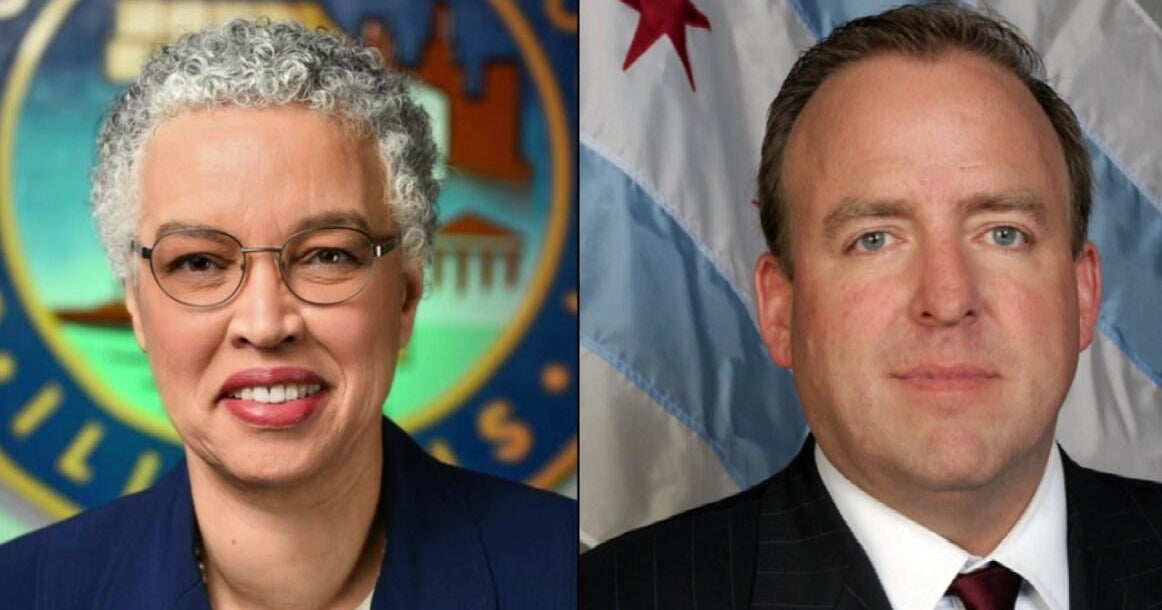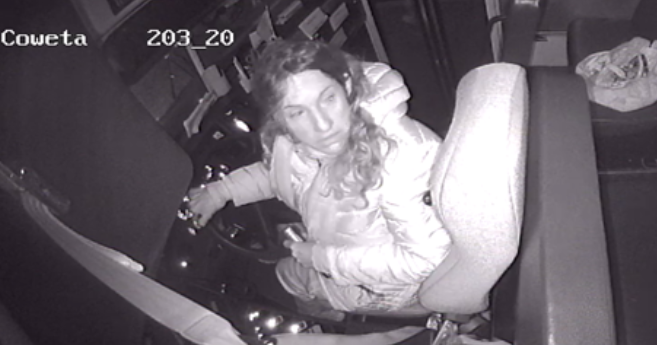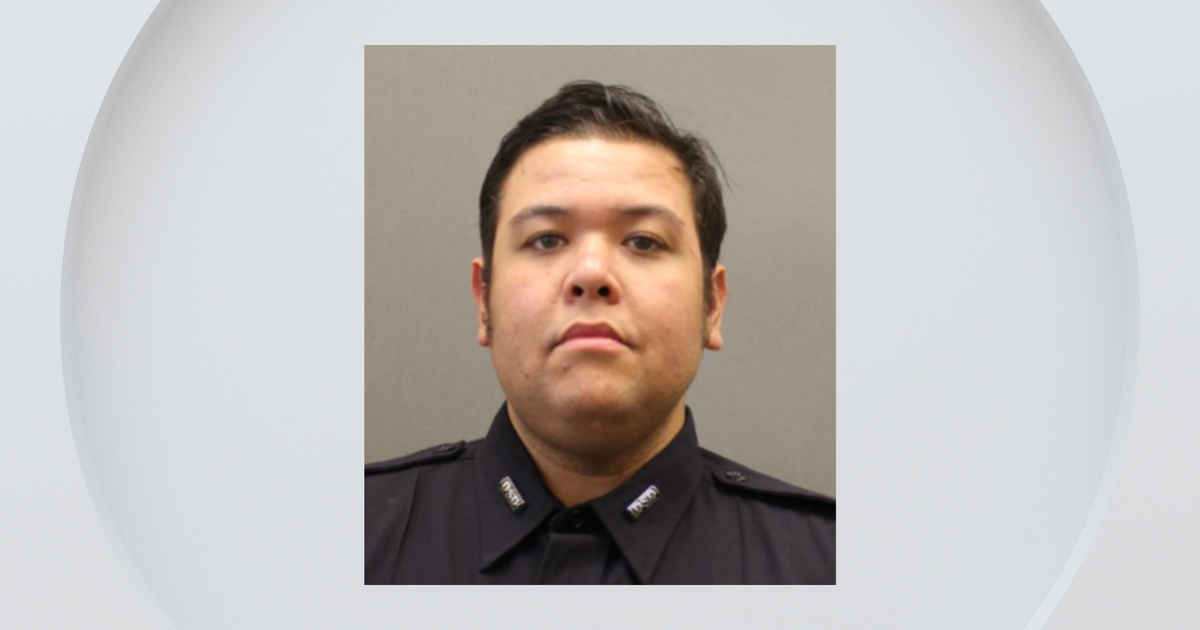Inside Look: Cook County Jail's Mental Health Dorm
(CBS) – Division Two: That's where patients with mental illness are usually housed at Cook County Jail.
And for many, the only psychiatric care they ever get is when they are incarcerated.
Sheriff Tom Dart invited CBS 2's Mike Puccinelli to get an inside look at what going on at the jail.
It's never been seen on TV before, Dorm 2 in Cook County Jail's Division 2. It's where most of the jail's mentally ill inmates are housed. Inmates like Stephan Brandon, who's in for stealing liquor.
"When I get too anxious, I drink liquor to take the edge off," he says.
And he gets anxious when he's not on his medication to treat bi-polar disorder. But staying on his meds can be difficult, because Brandon is homeless.
"Sometimes people steal my medication because it's a controlled substance," he says.
So, Brandon self-medicates by drinking. And if he can't afford the alcohol he steals it.
Alex Hawkins McFarland says he also had to resort to theft.
"This incarceration was a result of me not being able to get my medication," he says.
For many mentally ill inmates, being in jail is the only time they get regular treatment and their medications.
But the need is tremendous. Just ask Kimberlie Kuehne, who meets with inmates as they're checked in.
"Seventy percent of the women I met with today were mentally ill," she says.
Sheriff Dart says up to 35 percent of the inmates are suffering from some form of mental illness.
He now calls his jail one of the country's largest mental-health facilities.
"We're the ones that get to send them back out in the streets with no hope of anywhere to stay, no hope of any type of active care about their medication, nothing," he says.
It worries Brandon, too, because he fears what will happen when he returns to his home on the streets.
"I'm high-functioning. But when I don't take my medication I'm a mess," he says.
Treating these patients in the jail easily cost $150 a day. Dart says having more facilities for in-patient and community care would be cheaper and more effective.
Funding for mental health services has dropped over the last five years, but plans are in the works for the state to spend $25 million more in this fiscal year.







